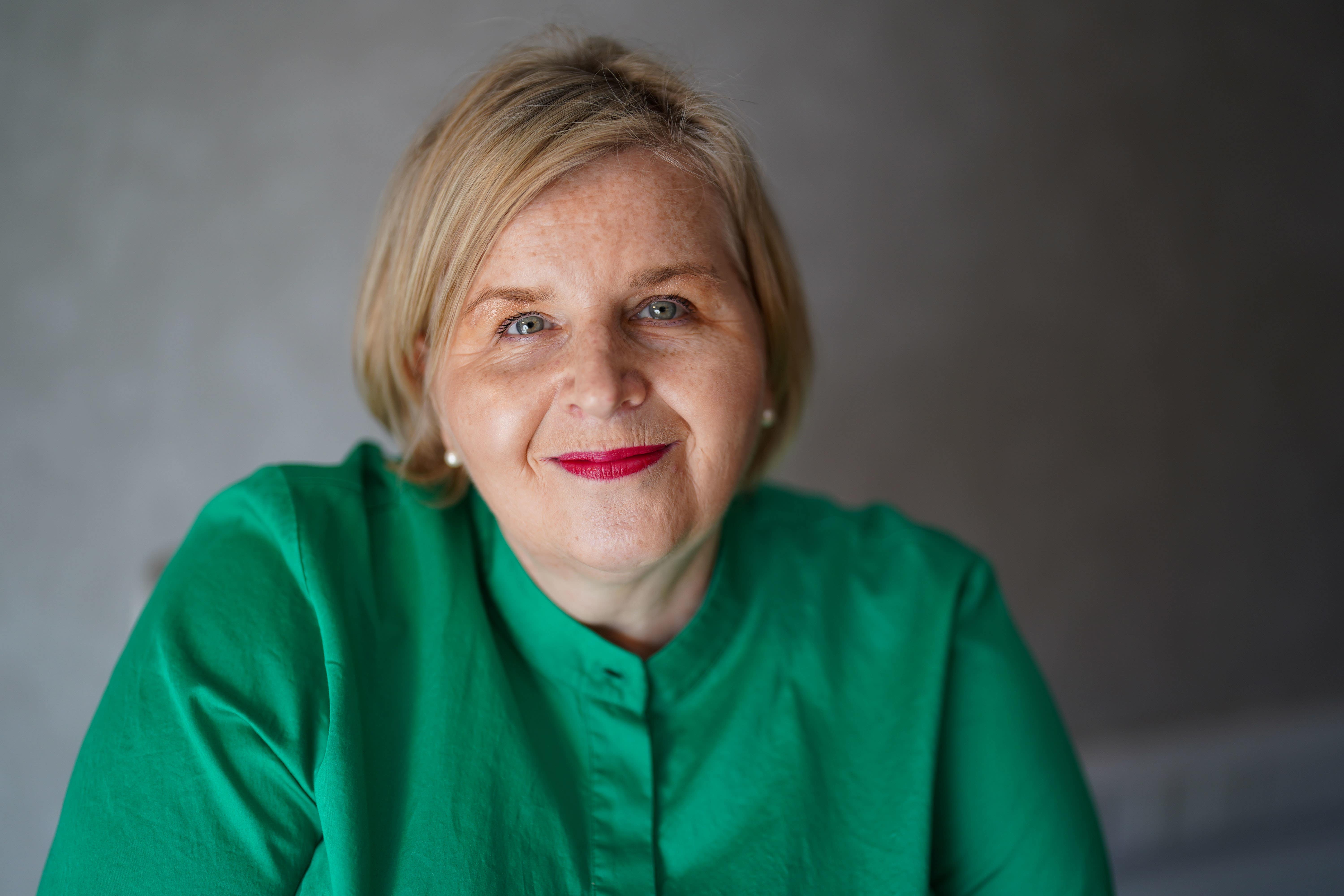Nottingham maternity inquiry to investigate 1,700 cases in largest-ever baby deaths probe
Inquiry chair Donna Ockenden has previously criticised the hospital trust for failing to properly consult ethnic minority families

The Nottingham maternity inquiry is set to examine 1,700 cases in what could be the UK’s largest-ever maternity scandal.
Donna Ockenden, who is leading the probe, confirmed the review had swelled but warned the numbers could be even larger depending on how many more families come forward.
The review into maternity services provided by Nottingham University Hospitals NHS Trust (NUH) came after The Independent uncovered poor care over more than a decade, revealing failures in the cases of 61 babies.
Families speaking at the annual meeting for NUH on Monday highlighted failings including:
- midwives not escalating care when Caesareans were needed
- the misdiagnosis of a healthy baby in the womb with a fatal condition
- a mother permanently harmed during a C-section
- and a mother who lost her son because staff failed to carry out a basic post-natal test
Ms Ockenden told the meeting the trust had a “very long journey ahead, what has happened cannot be fixed overnight”. She also said the trust’s new chief executive Anthony May had shown a “real commitment to lasting change”.
She said: “Often avoidable harm, life-changing harm, made worse by having to fight to be heard. I know, there are local families struggling to provide 24-hour care for severely brain-damaged babies. I have spoken to a mother whose baby is so poorly, she asked herself on a regular basis, would it be better if my baby had passed away?
“I know there are families who never brought their baby home, or babies who did come home who died very shortly afterwards and I know that there are little boys and girls out there in Nottinghamshire today, without their mommies, as we all celebrate to the end of the school year. I know that there are women living with life-changing harm. And how do I know that this is true? Because I have met those families. My promise is that this independent review will be conducted with kindness, with compassion, with expertise, and professionalism, and it will do its work in a timely way.”
In May, Ms Ockenden criticised NUH over its failure to engage with ethnic minority families whose babies had died, giving way to fears the inquiry would not be able to represent these populations adequately.
Following calls from the family and inquiry chair, the NHS agreed to change rules and allow the trust to share details of all families whose cases qualify for investigation. Previously, the inquiry had to gain permission from families for their cases to be reviewed.
However, after NUH sent out letters to families asking for them to get in contact giving permission for their cases to be reviewed less than 300 families out of 1,300.
Ms Ockenden previously led the flagship inquiry into failures at Shrewsbury NHS Trust, which found 300 babies had died or had been injured due to failing in care last year. This was out of the 1,486 cases over two decades that were examined.
Opening the annual meeting, NUH chair Nick Carver said: “Let me be very clear that, as the public record shows, this is an area where we have failed the families and communities that we exist to serve. To make matters worse, having failed them we have too often worsened things by not responding to them appropriately.
“On behalf of the trust board, I commit the trust to a new honest and transparent relationship with the families whose lives have been affected by maternity failings at the trust. For too long we have failed to listen to women and families who have been affected by failings in our maternity services. This ‘brick wall’ has caused additional pain, and this must change.
Subscribe to Independent Premium to bookmark this article
Want to bookmark your favourite articles and stories to read or reference later? Start your Independent Premium subscription today.

Join our commenting forum
Join thought-provoking conversations, follow other Independent readers and see their replies